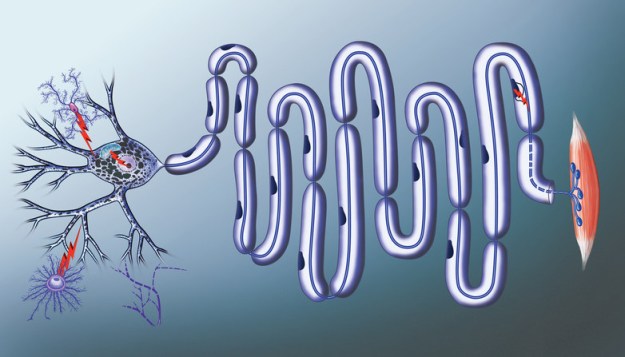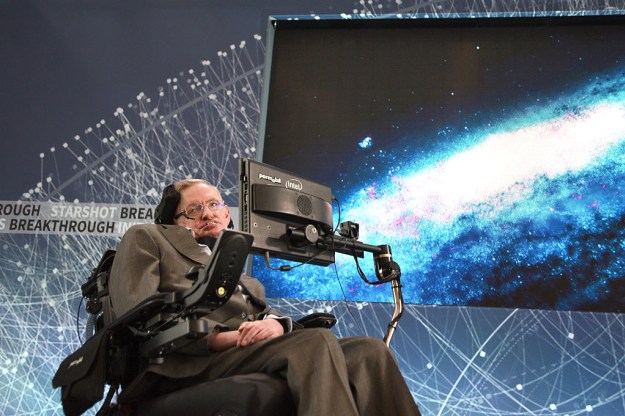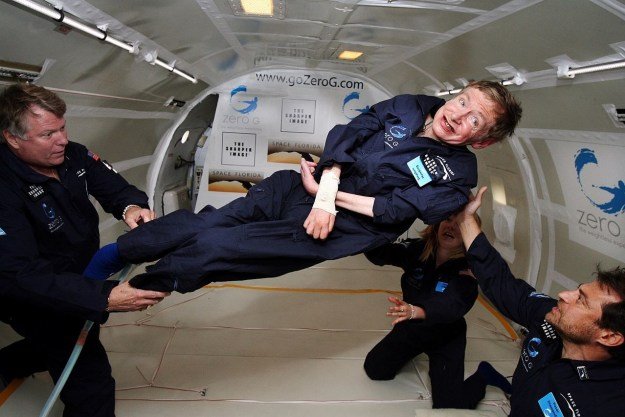Stephen Hawking Lived For Over 50 Years With ALS. Here’s Why That’s Unusual
Selling, who passed away recently at age 76, may have resided more time with ALS than any individual in the record. Here’s what we know about the illness, and his case in particular.
Amyotrophic horizontal sclerosis, or ALS, is a modern neurodegenerative ailment that impacts sensors tissues in the mind and backbone that management muscular activity.
are and often critical, it’s generally known as Lou Gehrig’s illness after the popular football player who was clinically identified as having it in 1939, and eventually passed away of the illness. In the UK, where Selling was developed, it’s known as motor neurone illness (MND).
ALS strikes the anxiety that carry signals from the mind and backbone to the muscle tissue throughout your entire whole body, causing them to turn and die. This impacts the capability of these muscle tissue to perform the non-reflex motions needed for walking, discussing, eating, raising things, and more. When the muscle tissue no longer receive the information to move, they begin to damage, have a nervous tic, and waste away (atrophy), according to the National Institution of Nerve Problems and Action (NINDS).
“The illness deprives the entire whole body of all active motions we make to do daily projects,” Lucie Bruijn, primary researcher at the ALS Organization, told BuzzFeed News. In some cases there may also be intellectual incapacity or dementia, Bruijn said, but lots of individuals with ALS (like Hawking) do not have changes in their capability to think.
Most individuals who get ALS are between 40 and 70, and it can impact anyone regardless of competition, ethnic background, and socioeconomic position. Physicians do not know what causes ALS and there is currently no treat, although some treatments and technological innovation may help manage symptoms.
ALS gradually results in paralysis and loss of life. Every situation is personal, but sufferers generally endure for three to five years after being clinically diagnosed.
The diagnosis for ALS is not a good one, but there are certain times when individuals repel the possibilities, such as Selling. About 10% of individuals can endure for 10 or more years. But the illness can also destroy within months.
“The changes in capability to move enhancement quicker for some than others, it's very varying,” Bruijn said. Development isn't always straight line, either. “There are various levels of the illness, and some individuals enhancement easily then sustain at that point and later enhancement again,” Bruijn said. However, it is unusual for there to be any enhancement or to restore missing features.
A person with ALS might die for a number of reasons, but it's often from difficulty in respiration due to the illness. “People usually yield to not being able to take in because the breathing system rely on the diaphragm (a muscle) and being able to agreement and rest,” Bruijn said.
The difficulty in respiration triggered by ALS can cause to fatigue, attacks like pneumonia, and breathing failing. “Artificial respiration assistance and other technological innovation can really increase someone's capability to reside longer,” Bruijn said.
Stephen Selling live through for over 50 years with ALS. The good purpose why he resided so long is not known, but physicians point to a mixture of inherited and ecological aspects.
In Hawking's case, he was clinically diagnosed in 1963 at age 21 and defied the possibilities to stay for another 55 decades until the age of 76. Selling resided his whole life with the illness, and in contrast to those sufferers who experience intellectual incapacity or dementia, Selling ongoing to work as an astrophysicist and make significant efforts to the research of dark gaps and area.
“He developed to the point where he was not able to go or talk, but he used things like eye activity and other technological innovation to talk so he was psychologically incredibly effective — he had a really long, and in some ways healthy and balanced fight,” Bruijn said. Around only 5% of people with ALS will stay 20 decades or more time. Selling may were living more time than any individual in record after an ALS analysis.
So why did Hawking's case improvement more gradually than others? There isn't a clear response. “We do not know exactly why he resided for such an extended time and every individual's trip is different, but genetics and atmosphere be a take into account the development of the illness,” Bruijn said. Along with the possible inherited and ecological aspects that could've permitted Selling to live longer, he had amazing access care and innovative technological innovation.
“If you get help move and talk, the total well being will enhance — the reality that he could keep work is a huge part of psychological health,” Bruijn said. That being said, many sufferers with ALS will keep decrease regardless of any treatment or technological innovation. “It's a very complicated illness and his slowly development and extended lifestyle just shows the reality that it's very varying,” Bruijn said. However, Selling was likely an exemption to the concept. It is uncertain which type of ALS Selling had, and whether this was a aspect.
Selling was a significant power in the ALS and technology areas, and his heritage motivated people all around the globe.
“Many people with ALS have seemed to Selling and gotten durability from his trip — it's important to regard and regard what he showed to the ALS group,” Bruijn said. Selling was also a major factor to ALS analysis and reinforced tasks to better understand the infection.
“Stephen Selling has motivated me to pay attention to what I can do, rather than what my body can no longer do,” Stephen Winthrop, the ALS Organization panel of trustees seat, had written of Selling in a news launch.
Attention for this unusual illness increased with the Ice Pail Task during the summer time season of 2014, which brought up $115 thousand for ALS research. Scientists are ongoing to research ALS and working toward a treat. “We plan research worldwide to learn more about ALS and find new signs about genetics and ecological aspects and how they communicate,” Bruijn said.




